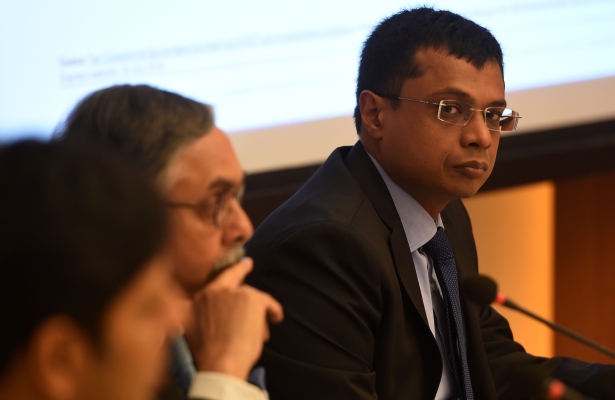The Indian central bank has rejected the application of Chaitanya India Fin Credit seeking permission to become a bank in a major setback to Flipkart billionaire Sachin Bansal, who has been looking to take his new venture, Navi, public.
The Reserve Bank of India on Tuesday rejected four applications including Bansal’s Chaitanya (the micro financing unit of Navi Technologies), saying they were “not found suitable” for running full-fledged banks in the world’s second most populated market.
Tuesday’s decision is a major blow to Bansal, who has been seeking a banking license for years. A license would have created a pathway for Bansal’s firm, which offers customers insurance and loan products, improve its financials and launch additional products.
A full-fledged banking license in India would have allowed Navi to accept customer deposits and then use those funds to lend to others. (Else, firms have to look at other banks and funding sources, where it costs them more interest to borrow money.) A license would also have enabled Navi to settle international transactions and launch its own credit cards, a fintech executive who wish to be anonymous explained.
Bansal, who was at a separate presser during this announcement, said Navi will analyze the central bank’s decision and evaluate options. Bansal, who co-founded Flipkart, left the e-commerce giant in 2018 and founded Navi in the same year. He has marketed Navi as a financial company that happens to understand tech.
“We will ask [the] RBI the reason behind this decision. There could be an appeal from us against this decision,” he said, adding that the decision was “not the end of the road” for the startup.
Navi, which filed for a $440 million IPO earlier this year, applied for a banking license in early 2020. The startup attempted to put together a funding round at over $4 billion valuation earlier and engaged with a number of investors including SoftBank, but the talks fell following its inability to secure the license, TechCrunch reported earlier.
Local media reports in recent quarters have stated that Navi has been alleged to violate foreign exchange rules, struggled to maintain proper governance within the firm, and has not responsibly handled customers’ personal and sensitive data.
The other three firms that did not make the RBI’s cut for universal bank license are UAE Exchange, the Repatriates Cooperative Finance and Development Bank, and a proposal by former Citibank executive Pankaj Vaish. The RBI has been very conservative with issuing banking licenses in the country. In the past 10 years, only a handful of firms including Bandhan and IDFC First.
